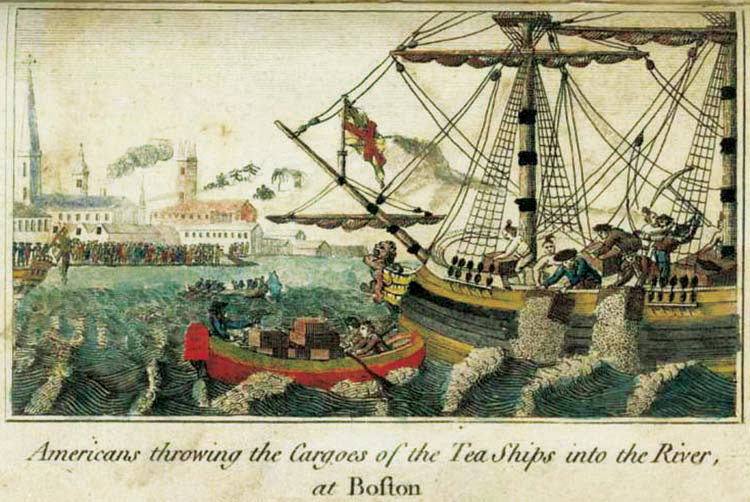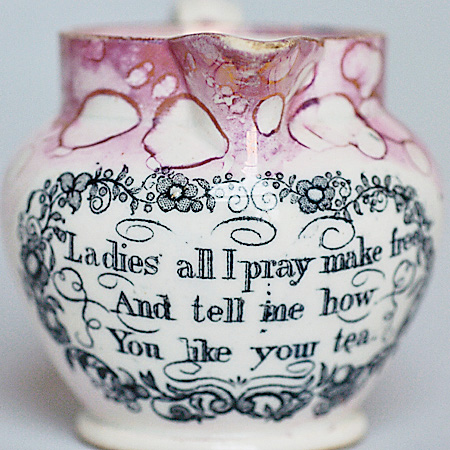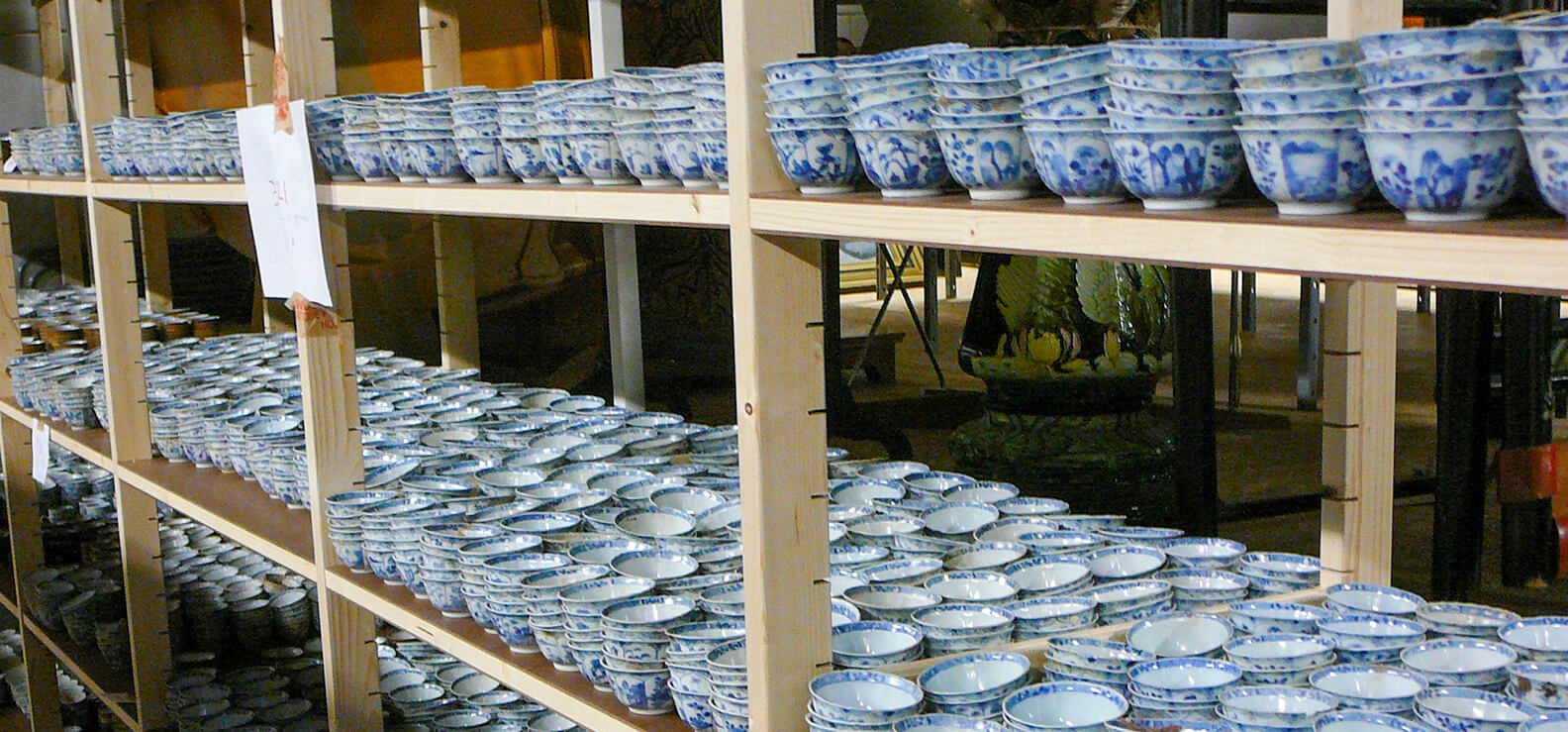Five Facts You Didn’t Know About the Boston Tea Party
ONE – All the tea aboard the three East India ships in Boston Harbor on the night of December 16, 1773 came from China, not India.
The East India Company shipped Chinese teas from the port of Canton to their London docks and warehouses. From there, the tea was transported to American cities along the Eastern Seaboard. The British tea gardens of India and Ceylon would not be developed until nearly a century later.
TWO – 22% of the tea tossed overboard was green tea.
Both the English and Americans drank great amounts of green tea from the time it first appeared in London coffee houses in 1657. One of the two green teas aboard the Boston ships was named hyson, a favorite early-spring green tea favored by Thomas Jefferson and George Washington.
THREE – The East India Company was the first company deemed “too big to fail.”
Elizabeth I issued the charter for the East India Company in 1600, allowing the corporation a monopoly on all imports and trade from the areas east of Africa. In exchange, Parliament received as much as 6% of their annual budget from commissions received from the sale of East India goods.
Unfortunately for George III, his taxes on goods imported by the Company into the Colonies led to widespread smuggling and declining revenue for both the Company and Parliament by 1772. The Company’s warehouses of tea were spoiling and the world’s most powerful company was about to fail.
The East India Company pleaded their case that the British economy would come crashing down in the Company were allowed to fail. Parliament granted the Company a reprieve in 1773, allowing them the opportunity to ship 544,000 pounds of aging tea to the colonies with no commission paid. The scheme was a clearance sale designed to save the first company deemed too big to fail.
FOUR – Boston was one of four American cities commissioned to receive the tea shipments.
On September 27, 1773, seven ships laden with two-thousand chests of East India Company tea left London. Four were heading to Boston while the other three were destined for New York, Philadelphia, and Charleston. Three ships, the Dartmouth, Eleanor, and Beaver, eventually docked in Boston two months later while one Boston-bound ship was lost in a gale off Cape Cod.
The Polly landed in Philadelphia on Christmas eve and was turned around, fully-laden, for a return voyage to London. The chests of tea aboard the ship London were off-loaded in Charleston and held in the damp basement of the Customs House where the tea quickly spoiled. The ship Nancy ran into horrendous storms, was blown off-course and arrived in New York in April 1774 where it was met by resistance. The Nancy’s captain too was persuaded to head back to London with tea onboard.
FIVE – The tea rebellion in Boston was not originally called a “tea party.”
The rebellious act of tossing tea into Boston harbor would not be called a “tea party” until 1829 when the Providence Patriot reported the death of ninety-seven year-old resident by the name of Nicholas Campbell, who “was one of the ever-memorable Boston Tea Party, who committed one of the first acts of resistance to British oppression.”
Another member of the raiding party that night was Thomas Melville, grandfather of Moby Dick author Herman Melville.




